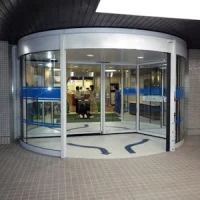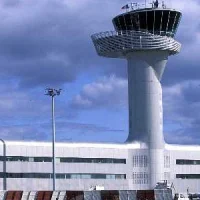Communication is one of the most critical elements of quality patient care. However, it can be difficult to accomplish effective communication during handoffs in the hospital.
Internists Janice Kwan, MD, MPH, and Matthew Morgan, MD, MSc, FACP at Mount Sinai evaluated if patient navigators would be able to resolve this problem at Mount Sinai.
The navigators' primary responsibility was to improve patient-clinician communication. The navigators had no clinical responsibilities and in some cases, did not even have experience or background in healthcare. The Mount Sinai programme was implemented in 2010 with 2 navigators. It was expanded to 4 navigators in 2012.
The navigators conducted daily rounds and answered patient queries related to test scheduling, diagnosis and care. More in-depth questions were passed on to the clinical team. These navigators worked with 20 to 30 patients daily and remained the primary contact for these patients after they were discharged. They even arranged follow-up appointments and placed post-discharge phone calls. Communication was further improved through the use of a dedicated mobile phone as it increased accessibility for both patients and clinicians.
The programme produced excellent results. Navigators were able to reduce the length of patient hospital stay without affecting 30-day readmission rates. Patients without navigators had an average length of stay of 7.5 days as compared to 6.2 days for patients with navigators. Navigators enabled physicians to focus more on patient care rather than administrative tasks.
Both patients and clinicians reported positive results. “At least anecdotally, we got the sense that residents very much appreciated getting to work with navigators and, in particular, found that the workflow and communication was enhanced when getting the chance to work with them,” said Dr. Kwan, citing resident surveys. Patient satisfaction increased considerably.
Dr. Kwan highlights the importance of communication in healthcare as well as the role of navigators since they can be very effective in relaying messages and engaging in face-to-face communication.
Unfortunately the programme had to be cancelled due to budgetary constraints but Dr. Morgan explains that without a doubt, patient navigators allowed physicians to provide excellent patient care more effectively. He pointed out that the hospital is exploring its options and working with key stakeholders to figure out how to continue providing top quality care.
Source: ACP Hospitalist
Image Credit: Wikimedia Commons










